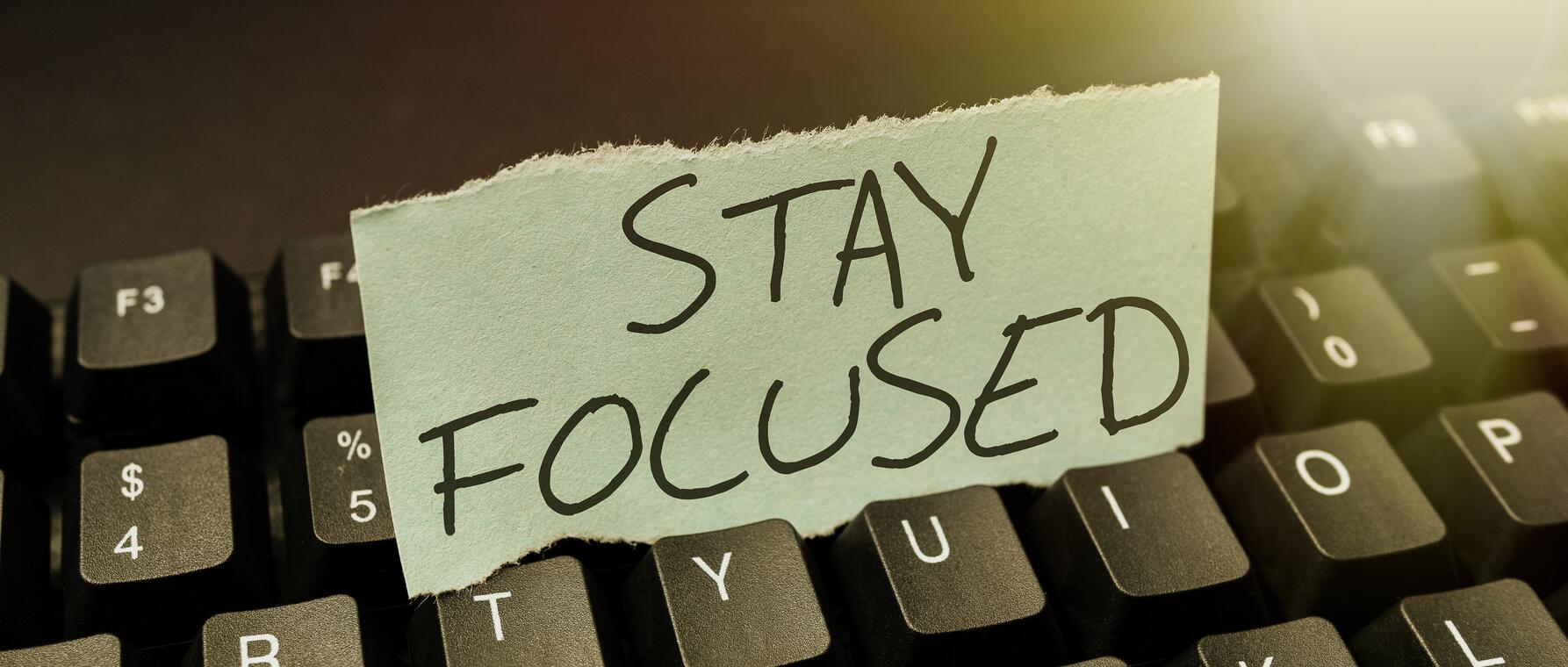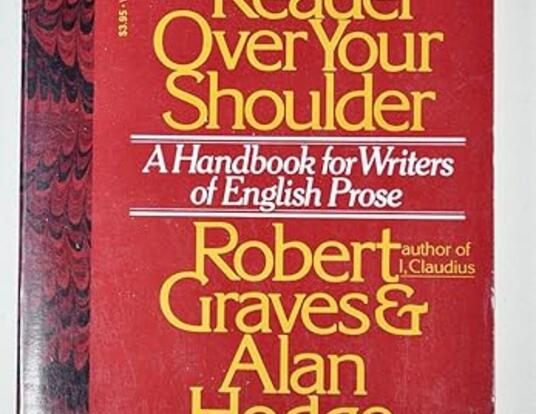Writing with Focus: How to Tackle the Distant Deadline
Notes from a Writer's Desk

We all write for deadlines. Sometimes we set our own deadlines, but usually we write to timelines set by our programs, professors, and application cycles. I personally always find the hardest deadlines to write for are those that are far away. It can feel nearly impossible to muster up the motivation to work on a writing project without the sense of impending doom that comes with a deadline breathing furiously down your neck. However, large projects like thesis writing require consistent and disciplined work well ahead of a deadline. Such discipline can be challenging, but not impossible. Here are some simple strategies that have helped me focus and write for the distant deadline.
Identify your specific weaknesses to create effective reminders for yourself. When you’re working against a far-off deadline, distractions represent a huge barrier to progress. The ways we find to distract ourselves from writing are personal and specific, so the strategies we use to break these habits need to be equally specific. Tracking what distracts you is the first step to preventing future distractions. For example, I know that a main source of distraction for me when writing is the internet. Absolutely anything on the internet is more interesting than my own writing. In fact, whenever I hit the smallest snag in my work that requires a little mental effort to get around, it seems that my hands know the path to distraction. I swipe left across the mouse track to bring me to Chrome and command + T to open a new tab to endless entertainment. To block this particular path out of productivity, I turn off my Wi-Fi and put my phone across the room while I write. In this case, when I try to open a new web browser, I’m met with the unfriendly “no internet” message. This message breaks my subconscious action and forces me to consciously decide if I need this distraction, which usually reroutes me back to my own writing.
For people who are less tempted by the internet and choose to distract themselves by getting up and doing something, there can be similar strategies. For example, you can position a physical object in the path leaving your workspace. This object can be as simple as a handwritten note saying, “Where are you going?” or “How’s your writing going?” You can easily walk by the note, but it provides a similar cognitive question point that reminds you of your goals and makes you question if you need the distraction.
When you’re thinking of strategies to avoid distraction, it’s also important to differentiate between distractions and breaks. Building breaks into your writing sessions is essential to being productive over long periods of time, and moving your body physically is a great way to take a break. The trick is to be honest with yourself about when you’re taking an effective break and when you’re distracting yourself from tough writing questions.
- Leave yourself a writing ledge. When you’re working on large writing tasks that are inherently spread across weeks of working sessions, starting your writing for the day can be especially challenging. To overcome this challenge, I always try to leave myself a “ledge” for my next writing session. This ledge eases me back into where I left my writing. To do this, when I’ve finished my work for a day, I take two minutes to jot down what I would write next if I had more time and bandwidth. These thoughts are not polished or coherent and usually they’re not even in full sentences. However, having these thoughts to look at the next time I sit down to write helps pull me back into the same headspace and flow that I left. This small refocusing exercise helps me begin my next writing session more smoothly. Another way to do this is to start your writing by editing the last thing you wrote in your previous working session. These strategies generally help you remember where your thoughts were when you stopped.
- Be honest with yourself about what is feasible and set achievable goals. Knowing yourself as a writer and what you’re capable of is extremely powerful. This means knowing how many paragraphs you’re able to write in a day or how many times you need to re-read your own work to feel confident in it. Knowing these things about yourself helps in the long term by enabling you to strategize around deadlines, but it can also help you in your day-to-day writing. Setting achievable goals and intentions for your writing session can be both focusing and empowering. Meeting these daily goals can help you feel a sense of accomplishment in your writing even when you’re far away from the finished product. Hitting daily targets can also ensure you that you’re moving toward your goal at a pace that will help you reach your deadline.
Overall, the key to staying motivated and working toward a long-term deadline is finding what works for you. The process is a lot of trial and error, and the key is to keep track of what works and what doesn’t. Knowing where you find distraction, how to ease yourself back into writing, and what is achievable for you personally can help you steadily work toward completing your large writing projects.
Ready to book an appointment with FWC staff? Access the FWC intake form.
Get the Latest Updates
Join Our Newsletter
Subscribe to Colloquy Podcast
Simplecast




